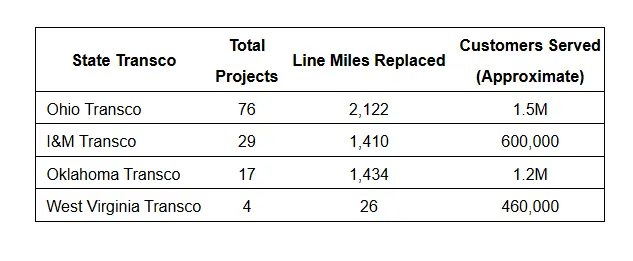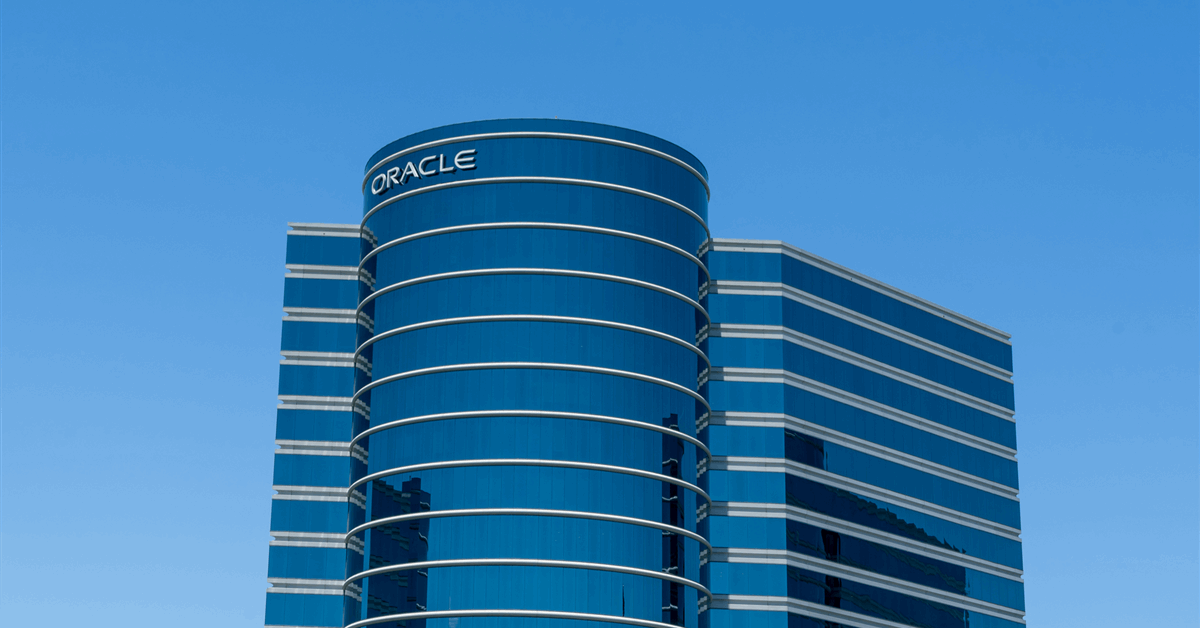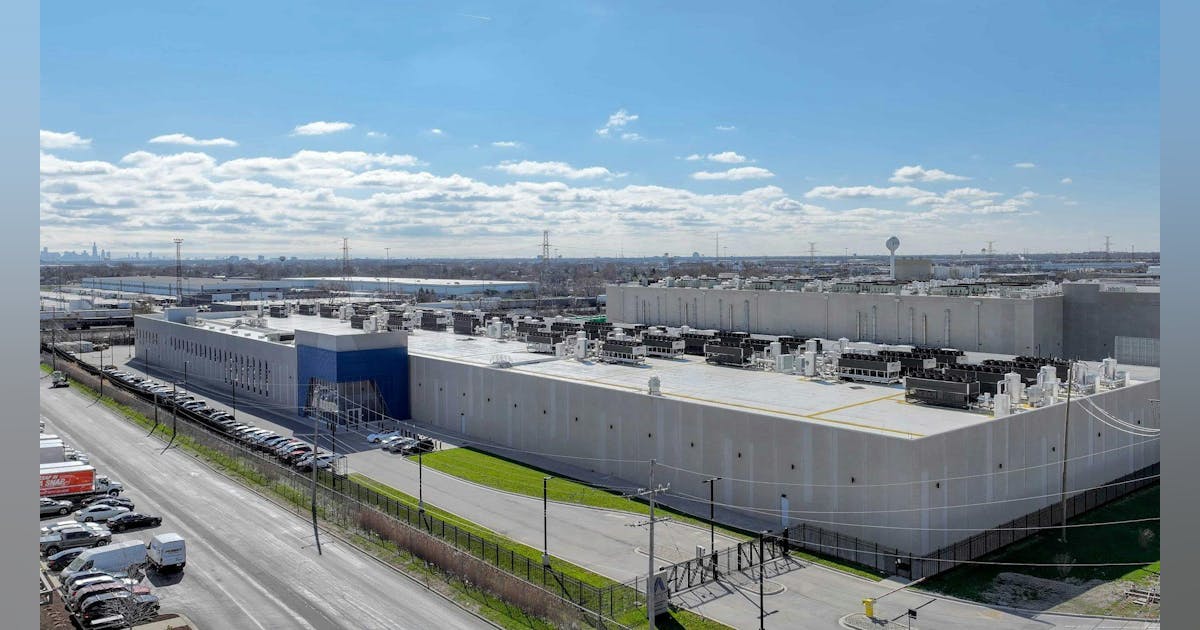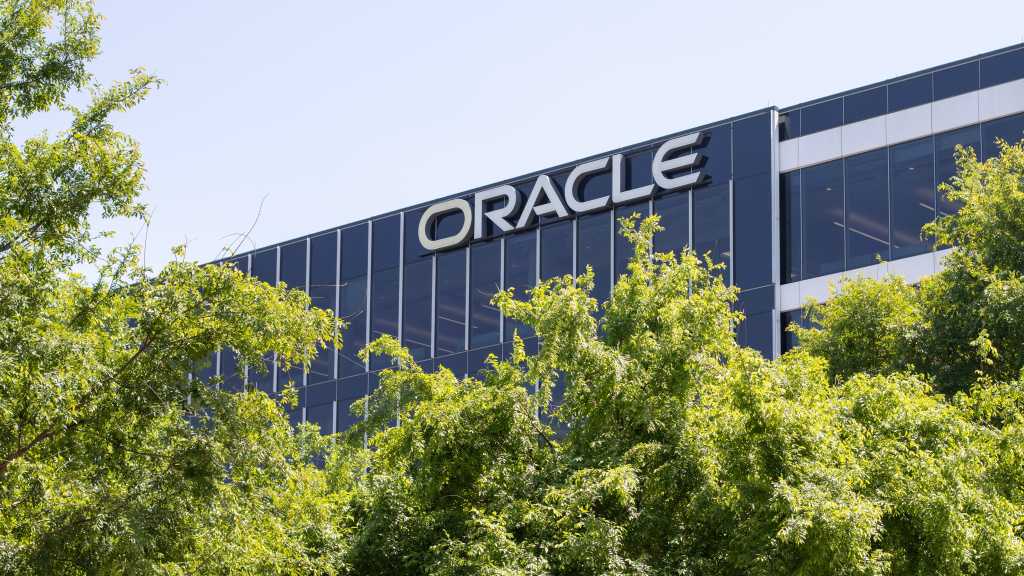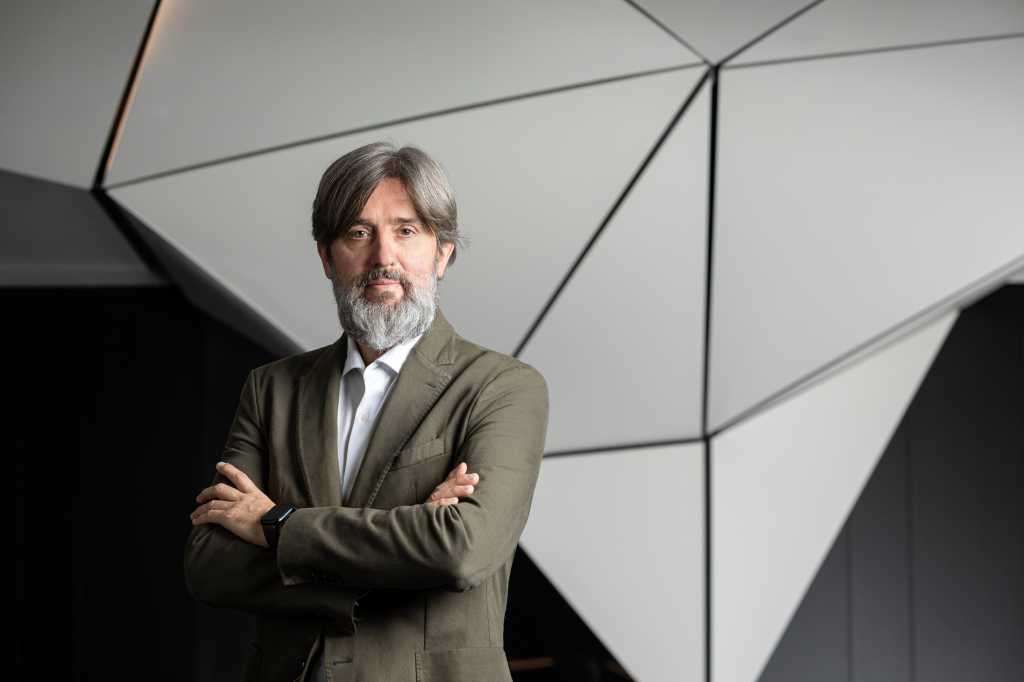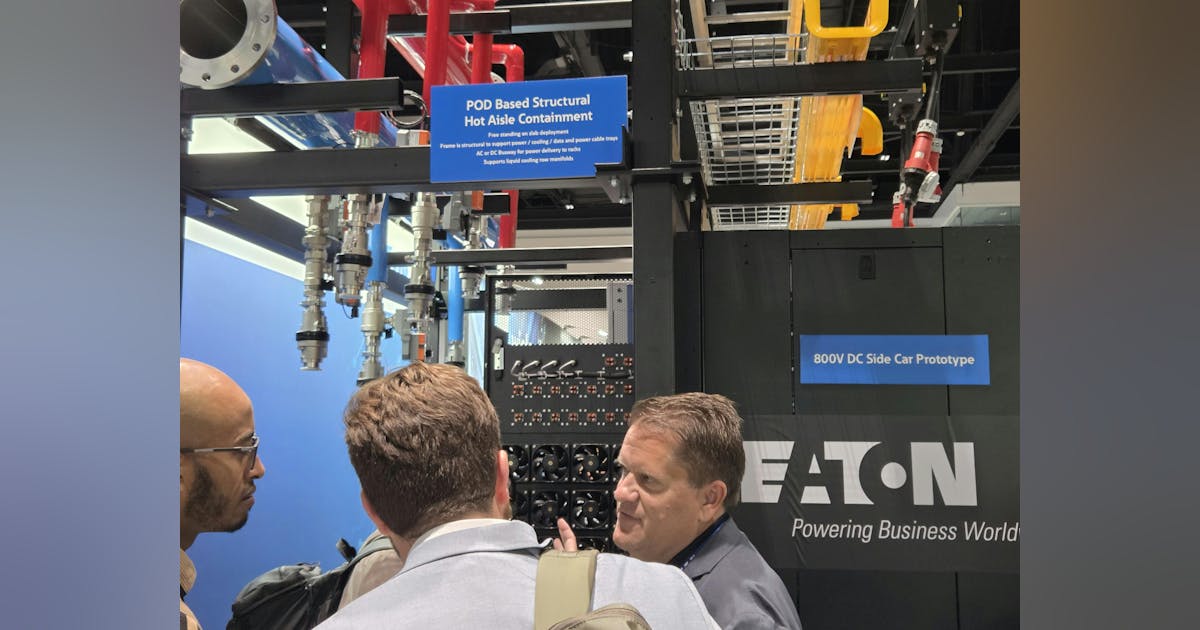In association withAvelia
Used in aviation, book and claim offers companies the ability to financially support the use of SAF even when it is not physically available at their locations.
As companies that ship goods by air or provide air freight related services address a range of climate goals aiming to reduce emissions, the importance of sustainable aviation fuel (SAF) couldn’t be more pronounced. In its neat form, SAF has the potential to reduce life cycle GHG emissions by up to 80% compared to conventional jet fuel.
In this exclusive webcast, leaders discuss the urgency for reducing air freight emissions for freight forwarders and shippers, and reasons why companies should use SAF. They also explain how companies can best make use of the book and claim model to support their emissions reduction strategies.
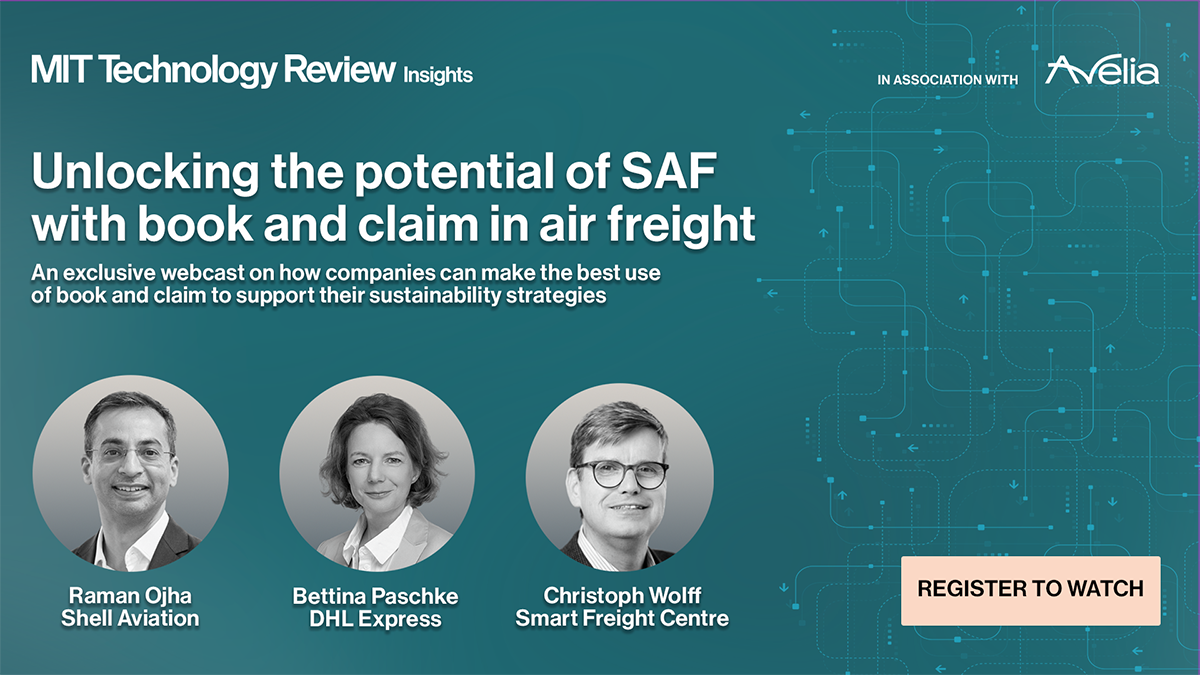
Learn from the leaders
- What book and claim is and how companies can use it
- Why SAF use is so important
- How freight-forwarders and shippers can both potentially utilise and contribute to the benefits of SAF
Featured speakers
Raman Ojha, President, Shell Aviation. Raman is responsible for Shell’s global aviation business, which supplies fuels, lubricants, and lower carbon solutions, and offers a range of technical services globally. During almost 20 years at Shell, Raman has held leadership positions across a variety of industry sectors, including energy, lubricants, construction, and fertilisers. He has broad experience across both matured markets in the Americas and Europe, as well as developing markets including China, India, and Southeast Asia.
Bettina Paschke, VP ESG Accounting, Reporting & Controlling, DHL Express. Bettina Paschke leads ESG Accounting, Reporting & Controlling, at DHL Express a division of DHL Group. In her role, she is responsible for ESG, including, EU Taxonomy Reporting, and Carbon Accounting. She has more than 20 years’ experience in Finance. In her role she is driving the Sustainable Aviation Fuel agenda at DHL Express and is engaged in various industry initiatives to allow reliable book and claim transactions.
Christoph Wolff, Chief Executive Officer at Smart Freight Centre. Christoph Wolff is currently the Chief Executive Officer at Smart Freight Centre, leading programs focused on sustainability in freight transport. Prior to this role, Christoph served as the Senior Advisor and Director at ACME Group, a global leader in green energy solutions. With a background in various industries, Christoph has held positions such as Managing Director at European Climate Foundation and Senior Board Advisor at Ferrostaal GmbH. Christoph has also worked at Novatec, Solar Millennium AG, DB Schenker, McKinsey & Company, and served as an Assistant Professor at Northwestern University – Kellogg School of Management. Christoph holds multiple degrees from RWTH Aachen University and ETH Zürich, along with ongoing executive education at the University of Michigan.
This discussion is presented by MIT Technology Review Insights in association with Avelia. Avelia is a Shell owned solution and brand that was developed with support from Amex GBT, Accenture and Energy Web Foundation. The views from individuals not affiliated with Shell are their own and not those of Shell PLC or its affiliates. Cautionary note | Shell Global
This content was produced by Insights, the custom content arm of MIT Technology Review. It was not written by MIT Technology Review’s editorial staff. It was researched, designed, and written by human writers, editors, analysts, and illustrators. AI tools that may have been used were limited to secondary production processes that passed thorough human review.
Not all offerings are available in all jurisdictions. Depending on jurisdiction and local laws, Shell may offer the sale of Environmental Attributes (for which subject to applicable law and consultation with own advisors, buyers might be able to use such Environmental Attributes for their own emission reduction purposes) and/or Environmental Attribute Information (pursuant to which buyers are helping subsidize the use of SAF and lower overall aviation emissions at designated airports but no emission reduction claims may be made by buyers for their own emissions reduction purposes). Different offerings have different forms of contracts, and no assumptions should be made about a particular offering without reading the specific contractual language applicable to such offering.





